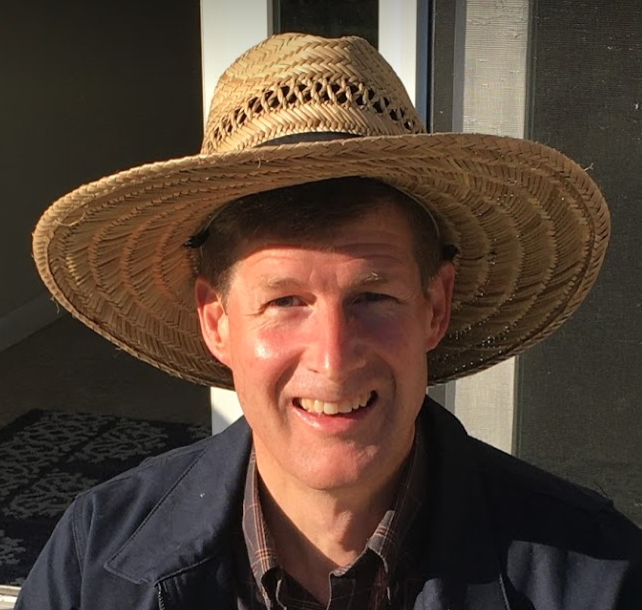Turning Organic Waste into Community and Jobs
- FarmerKarl

- Feb 4, 2022
- 3 min read
December 3, 2021

For more information, please visit:
Entrepreneur Zach Brooks sees ways to turn waste into food for soil, plants, pets, and people. He does it all on Arizona Worm Farm, a 10-acre property in South Phoenix. Not only is he profitable for his past four years of operation, he is also enriching the community on many different levels. He employs eleven people who manage the six production operations of the farm:
Worm Breeding
Composting
Worm Casting
Soil Mixing
Food Production
Soldier Fly Larvae
An Education Center
What’s so unique about Zach is his “open door” to the community. He opens his farm for tours and shares freely how this all came about. Using on-farm classes and tours, he encourages people to learn vermicomposting and make their own compost and worm castings at home. In addition to classes and tours, Zach offers consulting for both gardeners and farmers. He understands that giving always benefits everyone, including himself, his employees, and his company.

Continuous Improvement
Zach is a member of a national worm farmers organization that continues to share ideas to make the process run even better. Arizona worm farm produces compost, worm castings, vegetables, worms, eggs, and live pet food. His inputs include horse manure, vegetable scraps, and city compost. He generously donates to help nonprofits like Spaces of Opportunity and Project Roots improve their community garden experience. Arizona Worm Farm’s high-quality, life-charged, bio-active worm castings and compost really give him credibility with his customers, most of whom are gardeners in the Phoenix area. Zach believes in close, daily interaction with his livestock. That’s why he emphasizes manual watering and a daily walk-through to observe what is actually going on and respond accordingly.

Sustainable Regenerative Environmental Impact
Zach’s philosophy centers around sustainability, soil improvement, and converting garbage into food. He’s got a beautifully efficient working model that serves as a community education and produce center. Young people not only learn about compost and worms, but they also experience delicious, fresh food and the sites and smells of a farm livestock operation. On top of that, his operation regenerates the land and cools the air. Sustainability continues at Arizona Worm Farm with striving for zero waste. Zach’s farm operation is part of the climate change solution. He encourages us all to seek out and vote for environmentally-minded leaders.
Running a Community Business
Zack also understands what running a local community business and farm is all about. He knows that fostering a healthy relationship with the land, our food, and our neighbors is fundamental to our health and wellbeing. Sustainability starts with making sure income exceeds expenses based on sound agricultural concepts and processes. Zach shared, “Some of my operations don’t make money yet, but we are learning. As our team improves the process, we are confident we will be more profitable. In the long term, you can’t hold on to an operation that doesn’t make money.” Another key to Zach’s success is his ability to make connections and build trust with food suppliers who supply him with their green waste. On occasion, those will change. “It’s about seeing a win-win and being consistent with your commitments.” Zach maintains.
Part of running a community business is letting people experience the inherent goodness in plants. Therefore, he grows tomatoes, fruits in a food forest, and enough vegetables to feed his crew and those who want to buy the farm’s produce. He also enjoys developing his people. For example, his worm expert Sarah, a recent graduate in Sustainability from Arizona State University, now has become adept at understanding factors that produce more worms.

Organic makes Cents
Zach is excited to share his success through videos to help customers perceive the environmentally-critical work he is doing. Zach’s commitment to running the farm organically is an assurance for both his employees and customers. His farm serves as a model for other farmers. You can make it on an organic farm! He continues to work toward his vision for where he wants the farm to be in ten years. That vision includes paying his people a fair living wage and covering benefits. As he reduces waste, he improves profitability.
The local community has bought into Zach’s vision. They appreciate his openness and commitment to them and the environment. What a great model to replicate in other communities!
Author: Farmer Karl




Comments